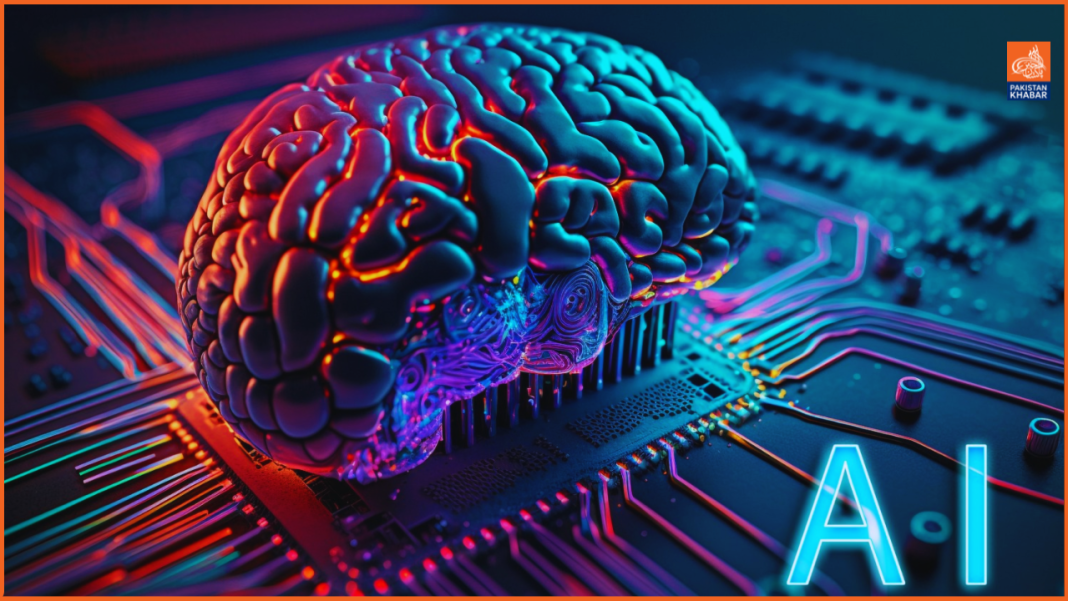Adopting AI education could transform Pakistan’s economic landscape by developing a skilled workforce capable of driving innovation and addressing longstanding economic challenges.
Speaking to WealthPK, Maher Nafees, senior software engineer at Rin Technologies, pointed out that Pakistan faces major hurdles, including high unemployment, inadequate educational infrastructure, and limited access to modern technologies.
With approximately 64% of the population being youth, many are ill-equipped to meet the challenges of the global job market. Without expertise in AI and related fields, young people are unable to contribute effectively to the economy. By integrating AI education, the government can empower the youth, equipping them with skills that are in high demand both locally and internationally,” he said.
Nafees suggested that initiatives like AI-focused seminars and coding boot camps could introduce students to machine learning and data analytics, enabling them to devise solutions for local issues in sectors like healthcare and agriculture. This approach, he added, would not only enhance employment prospects for graduates but also support entrepreneurial ventures.
He emphasized that fostering research and development (R&D) in educational institutions through partnerships with tech companies and international organizations could help establish innovation hubs. These would provide spaces where students and professionals collaborate on cutting-edge projects, further driving economic growth.
Wajahat Hafeez, head of digital products and solutions at NayaTel, also told WealthPK that integrating AI education into curricula could significantly boost students’ creativity and problem-solving skills. By offering practical instruction, workshops, and real-world projects, educational institutions could create an environment that nurtures innovation.
“These partnerships could result in the development of homegrown AI solutions tailored to Pakistan’s unique challenges, which could advance the country’s technology landscape and attract foreign investment,” he explained.
Hafeez also stressed that increasing access to digital resources is essential for advancing AI education. In rural areas with limited educational infrastructure, collaboration between the public and private sectors could help provide affordable internet access and digital learning platforms.
He added that online courses and platforms could make AI education more accessible, enabling students from various backgrounds to engage with advanced technologies. Public-private partnerships would also play a key role in offering scholarships and financial aid to students pursuing AI-related fields.
“Another critical factor is training instructors to effectively teach AI concepts. Professional development programs are crucial to equip educators with the tools needed to teach AI,” he noted.
Hafeez concluded by emphasizing the importance of fostering a culture of continuous learning among educators. This would ensure that future generations receive high-quality AI education, which is fundamental to fostering innovation and building a solid foundation for economic progress.




